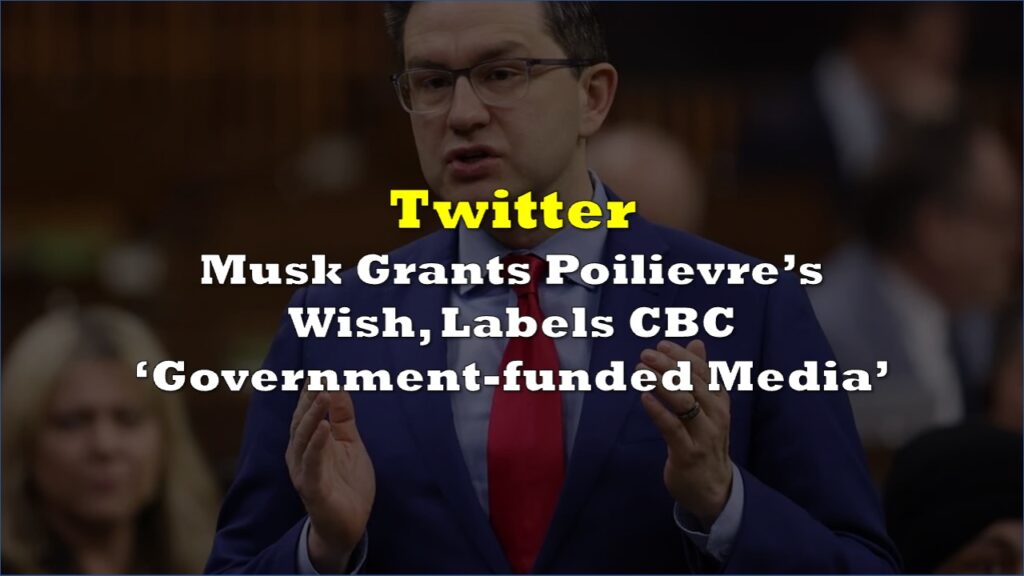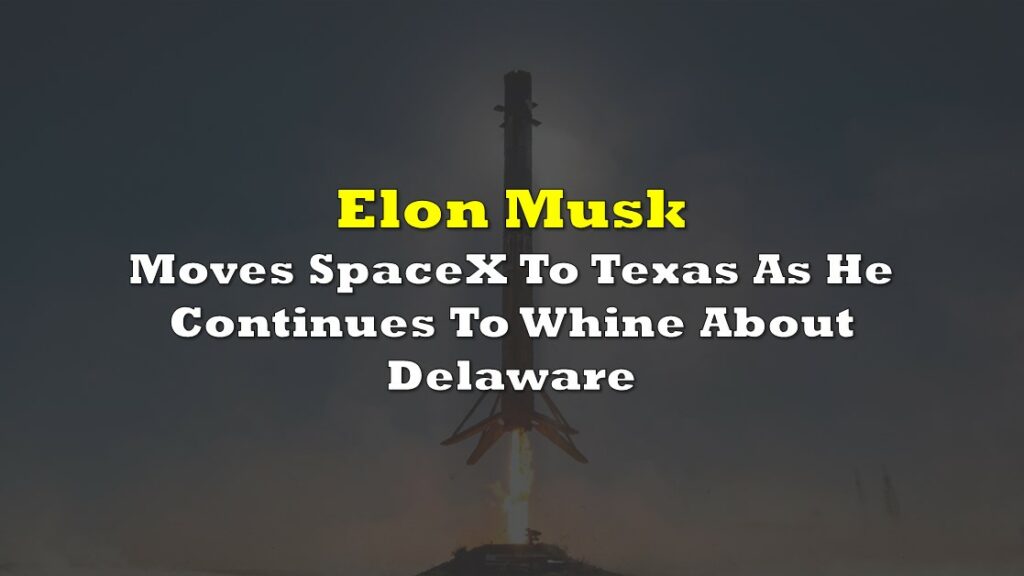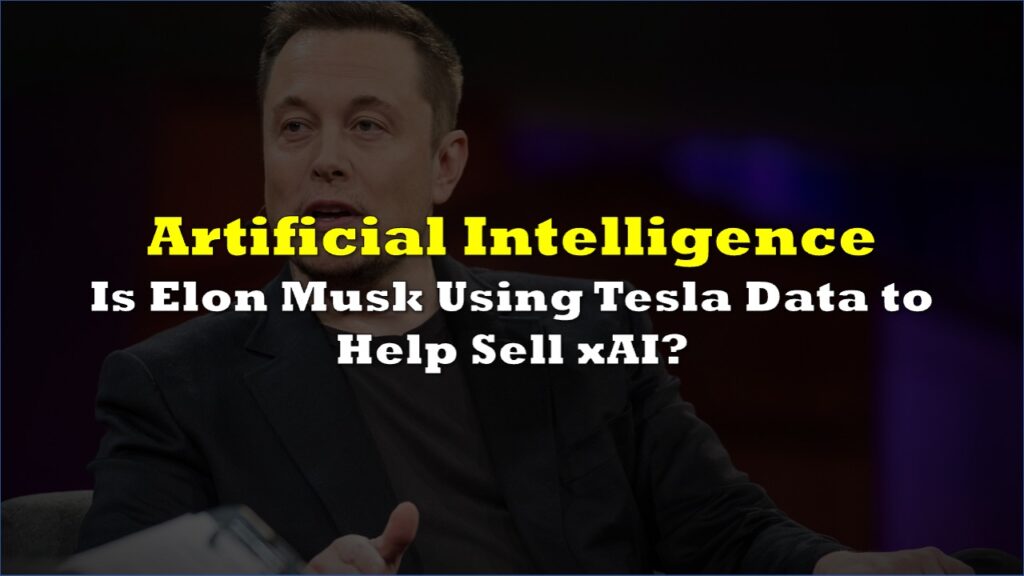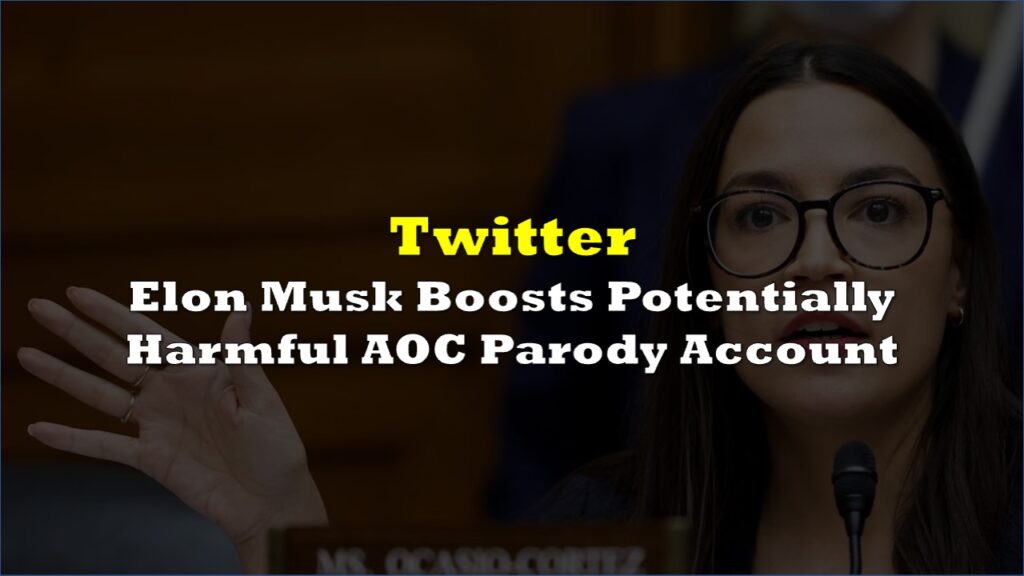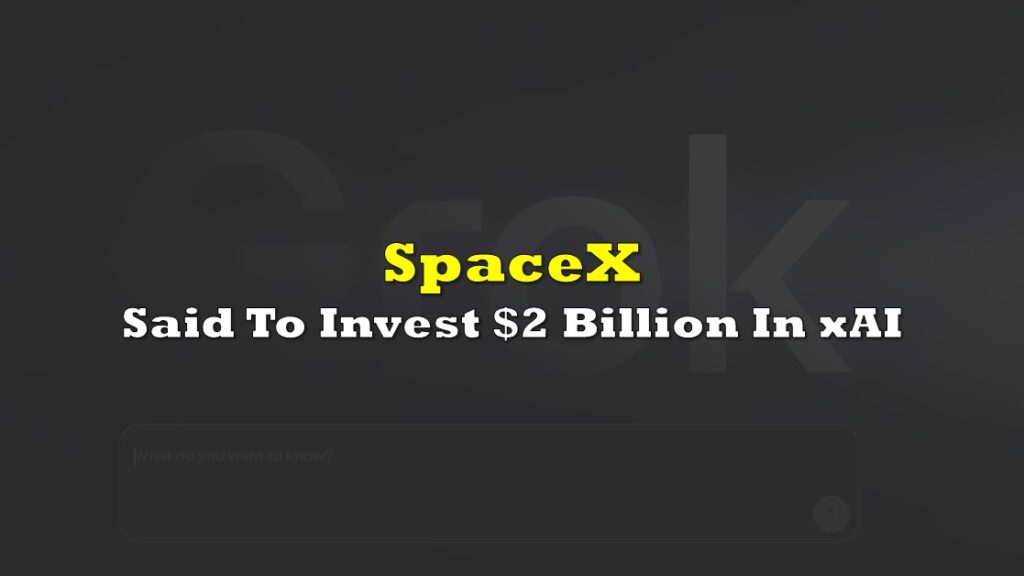In a growing web of interconnectedness between Elon Musk’s companies, the artificial intelligence startup xAI is reportedly discussing a deal with Tesla (NASDAQ: TSLA) that could fundamentally reshape the future of both entities. The proposed arrangement, as described to investors, would see Tesla share some of its revenue with xAI in exchange for access to the startup’s advanced AI technology.
Under the proposal, Tesla would license xAI’s artificial intelligence models to boost its driver-assistance features, particularly its much-anticipated Full Self-Driving (FSD) system. FSD, which currently costs Tesla drivers $99 per month or a flat fee of $8,000, still requires drivers to keep their hands on the wheel, falling short of full autonomy.
Tesla has long aimed to develop fully autonomous vehicles, with Musk repeatedly claiming that such advancements could catapult Tesla into the multitrillion-dollar company stratosphere.
However, Musk has also acknowledged that without achieving full autonomy, “Tesla would be worth basically zero.” As such, his reliance on xAI’s technology to push the boundaries of Tesla’s FSD appears to be a strategic move designed to bridge the gap between Tesla’s ambitions and the current reality of its driver-assistance systems.
People familiar with the discussions between the two companies have indicated that xAI’s involvement won’t be limited to FSD. The AI startup is also expected to develop other features for Tesla, such as a Siri-like voice assistant to be integrated into its electric vehicles.
There are also plans for xAI to contribute to the development of Optimus, Tesla’s humanoid robot, which Musk envisions as part of a future in which robots perform menial tasks and potentially revolutionize industries such as manufacturing and service.
The financial structure of the proposed deal is still under negotiation, with much depending on how extensively Tesla relies on xAI’s technology versus its own AI capabilities. Executives from xAI have reportedly suggested an even revenue split between the two companies for Tesla’s FSD system, though specific details remain unclear.
What is certain, however, is that xAI is positioning itself as a key technology provider for Tesla’s broader software ecosystem, leveraging its cutting-edge AI models to fuel Tesla’s product development.
This proposed partnership comes on the heels of Musk’s well-documented efforts to consolidate resources across his various companies. Musk has shifted hardware and talent between Tesla and xAI, drawing scrutiny over potential conflicts of interest, particularly given Tesla’s status as a publicly traded company. Several Tesla shareholders have already filed lawsuits in the Delaware Court of Chancery, arguing that Musk’s redirection of resources to xAI has hurt the automaker’s investors. These cases remain pending.
The interconnected Musk firms
One point of contention among Tesla shareholders is Musk’s movement of high-value resources from Tesla to xAI. Last year, Musk diverted thousands of Nvidia GPUs—critical components for AI and machine learning—from Tesla to xAI.
At the time, Musk justified the move by stating that Tesla had no immediate need for the chips, remarking, “Tesla had no place to send the Nvidia chips to turn them on, so they would have just sat in a warehouse.” This decision nonetheless raised concerns about Musk’s prioritization of xAI at the expense of Tesla.
In addition to hardware, xAI has also hired several former Tesla employees, including key figures from Tesla’s Autopilot team. These engineers are now working on enhancing xAI’s AI models, which are expected to become integral to Tesla’s ongoing efforts to achieve full self-driving capabilities.
The potential collaboration between xAI and Tesla has far-reaching implications for the electric vehicle giant. Musk has made no secret of his belief that artificial intelligence will be central to Tesla’s future success. “
Tesla is learning quite a bit from xAI,” Musk said during a July earnings call with investors, adding that the startup had been instrumental in advancing FSD and building Tesla’s new data centers.
Musk has also teased the possibility of integrating xAI’s chatbot, Grok, into Tesla’s software, further expanding the potential applications of xAI’s technology within Tesla’s product lineup.
Yet, this collaboration also raises questions about Tesla’s spending priorities. Musk has announced that Tesla would spend $10 billion on capital expenditures this year to bolster its AI capabilities. It remains unclear how a potential deal with xAI would affect that figure.
Musk’s vision for Tesla extends far beyond electric vehicles. In recent years, the billionaire has increasingly bet Tesla’s future on robotics and artificial intelligence. At an April earnings call, Musk told investors, “If somebody doesn’t believe Tesla is going to solve autonomy, I think they should not be an investor in the company.”
Tesla’s robotaxi program, which is expected to be unveiled on October 10, represents another critical aspect of this AI-driven strategy. While it remains unclear when the robotaxi will be available to the public, it is evident that Musk sees autonomous vehicles as a key component of Tesla’s future growth.
xAI, meanwhile, has emerged as a formidable player in the AI space. Founded by Musk, the company raised $6 billion in May at a valuation of $24 billion. Notable investors include Sequoia Capital, Andreessen Horowitz, and Saudi Prince al-Waleed bin Talal. xAI’s newly launched data center, Colossus, located in Tennessee, has been described by Musk as “the most powerful AI training system in the world.”
But Musk’s shifting of resources between his companies has not gone unnoticed. As mentioned earlier, Tesla shareholders have filed multiple lawsuits over concerns that the transfer of talent and hardware to xAI could negatively impact Tesla’s bottom line. These legal battles will likely intensify if xAI’s influence within Tesla continues to grow.
As Tesla’s sales and profits face pressure amid rising competition in the electric vehicle market, with the company’s stock down 14% this year, the stakes for both Tesla and xAI are higher than ever.
Tesla last traded at $210.73 on the NASDAQ.
Information for this briefing was found via The Wall Street Journal and the sources mentioned. The author has no securities or affiliations related to this organization. Not a recommendation to buy or sell. Always do additional research and consult a professional before purchasing a security. The author holds no licenses.





